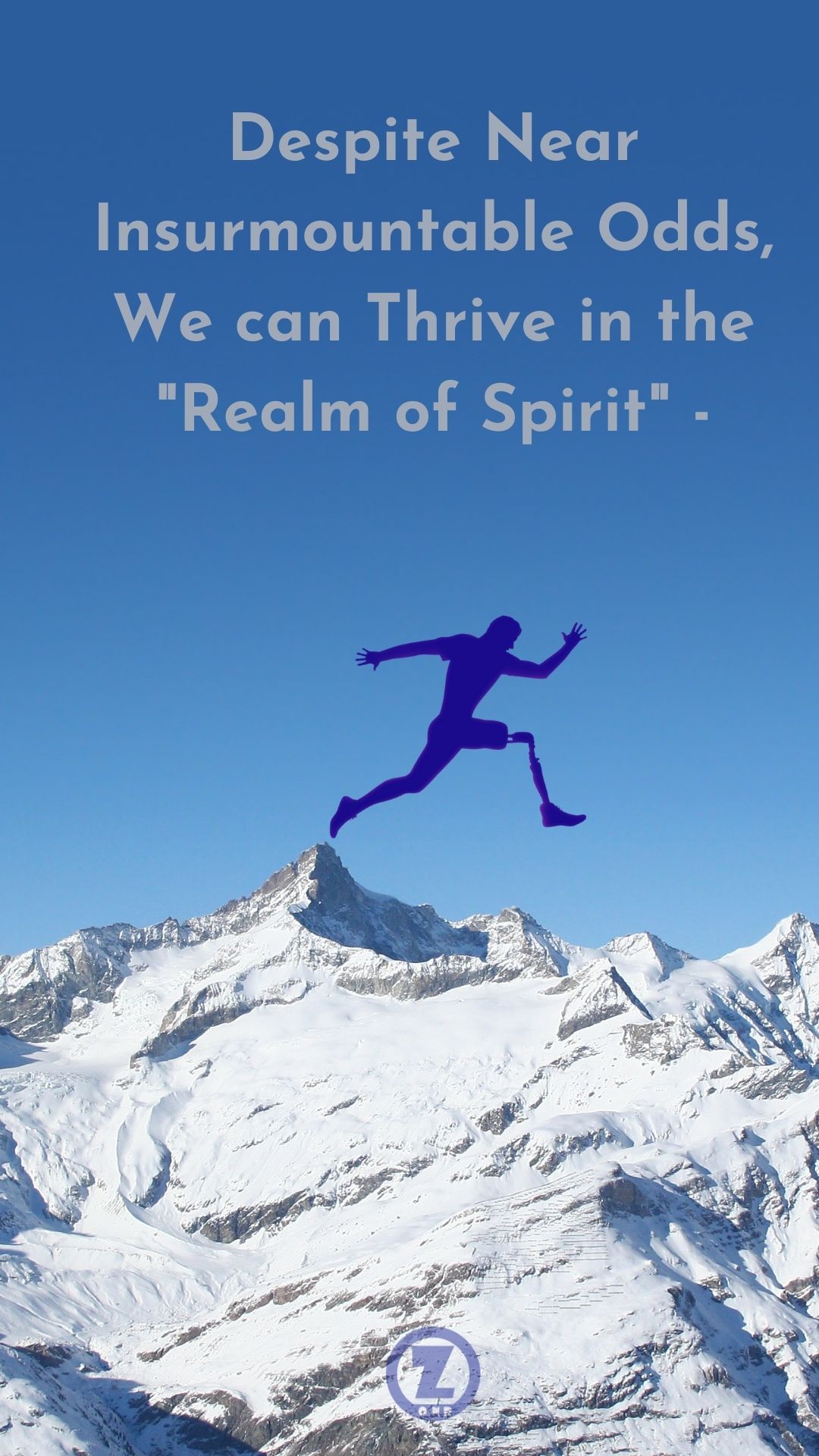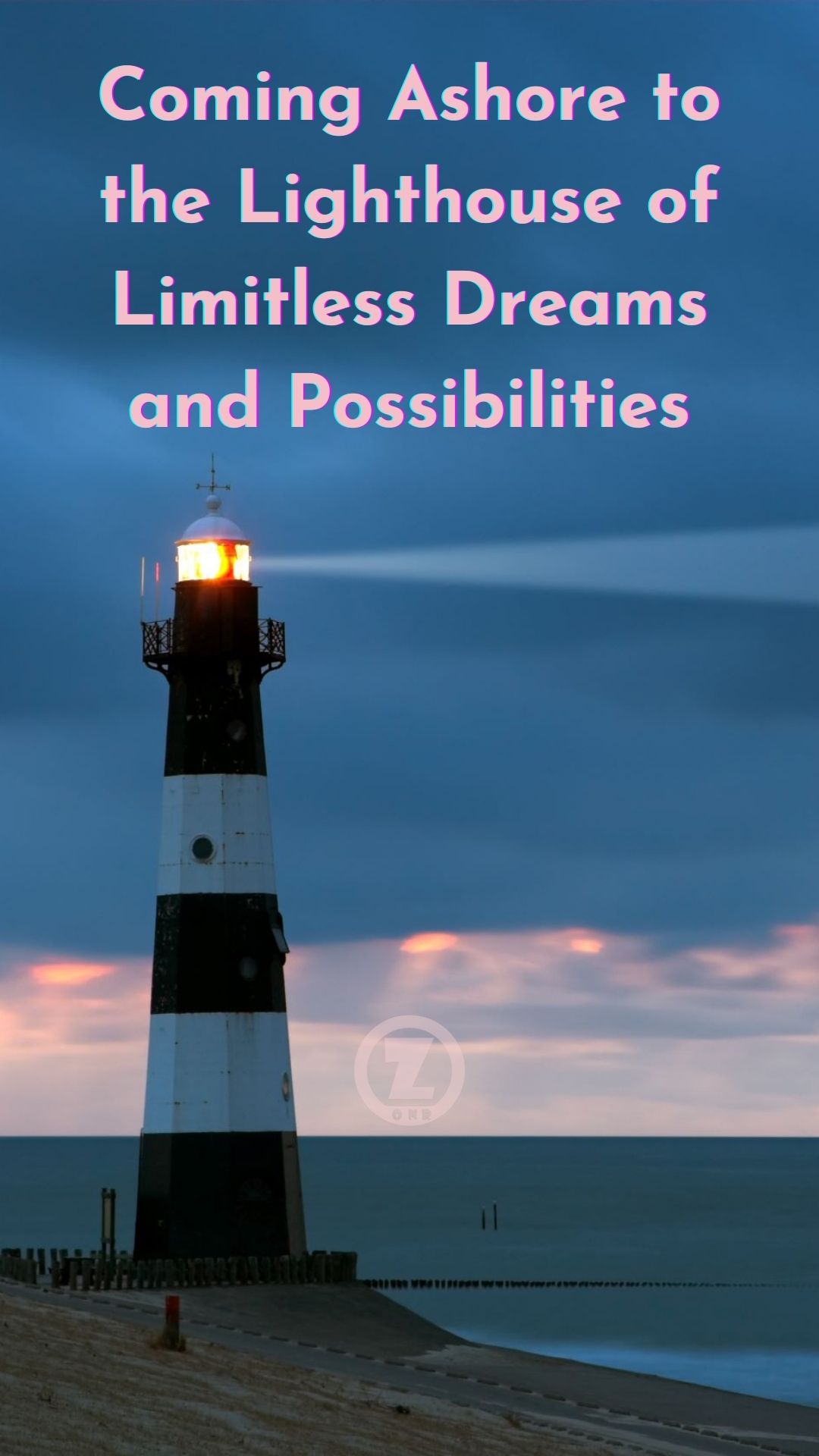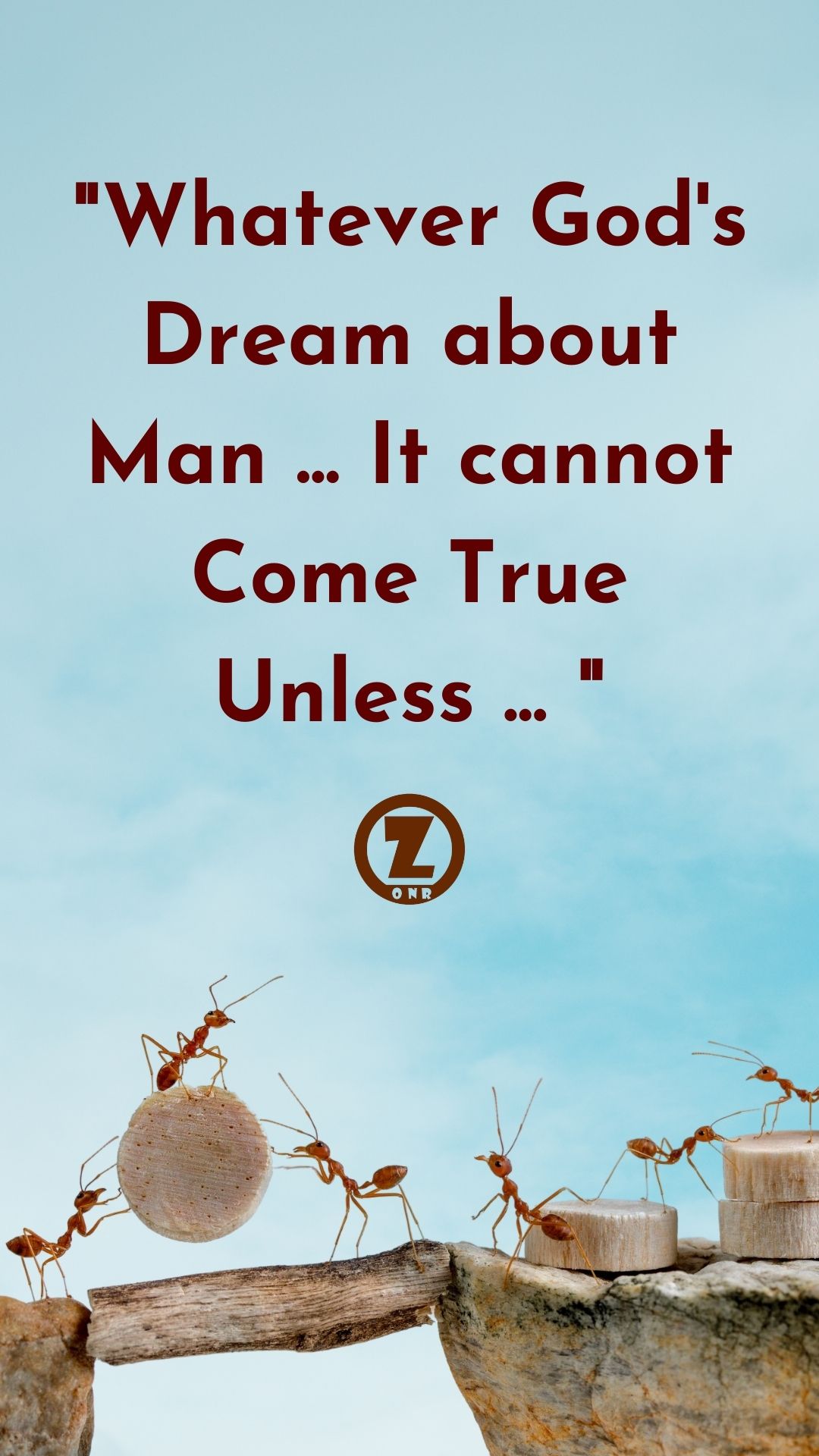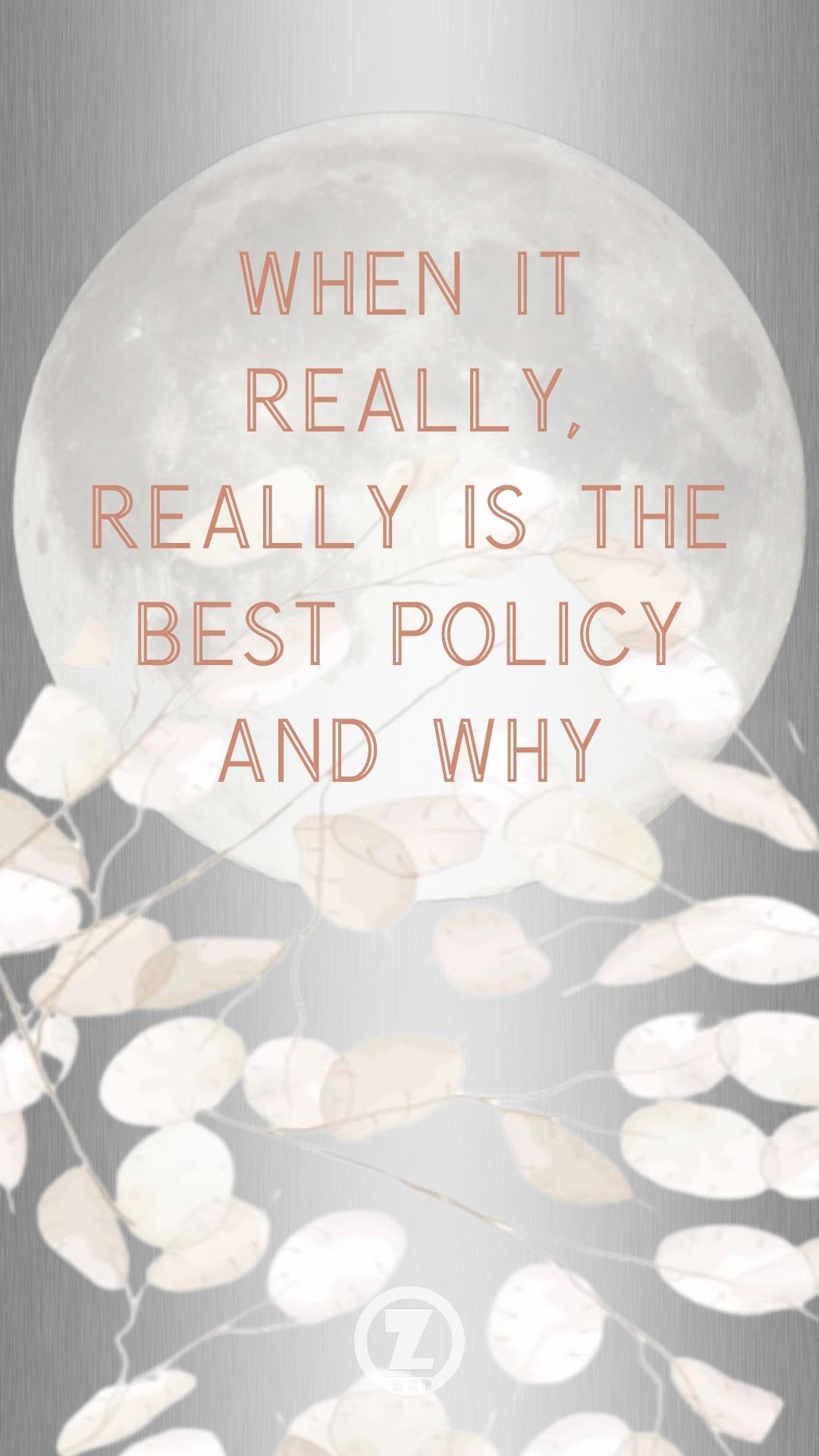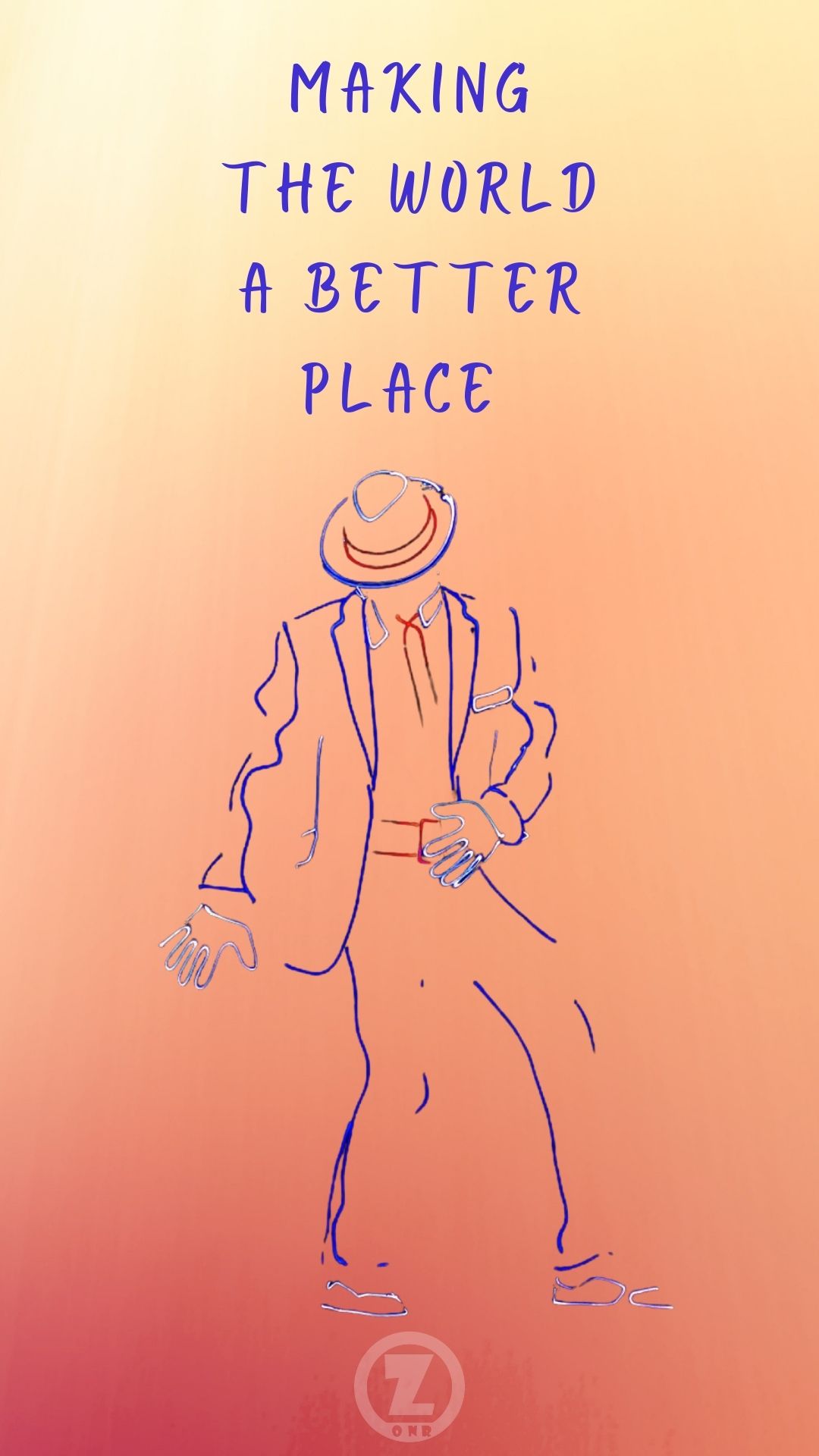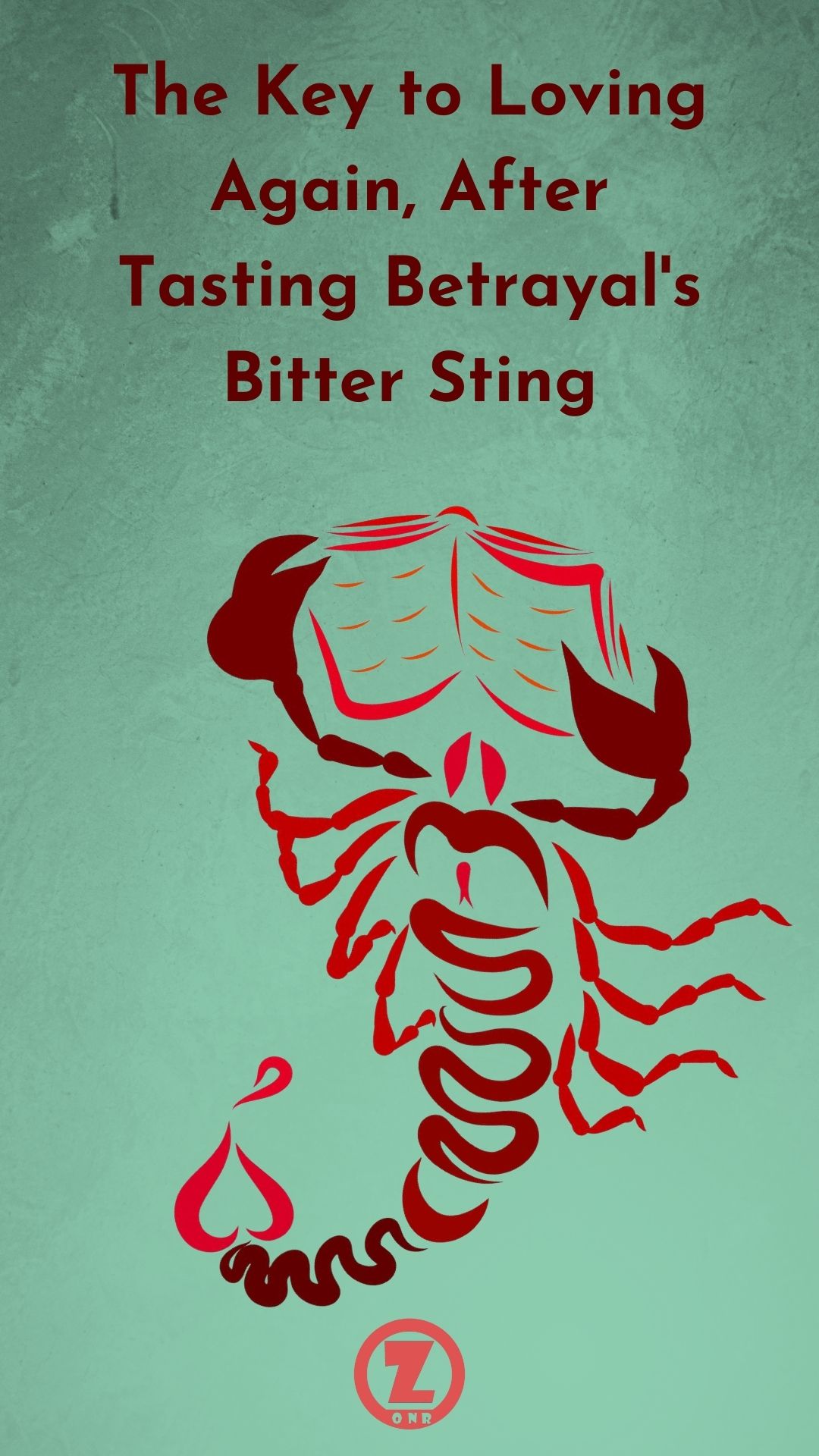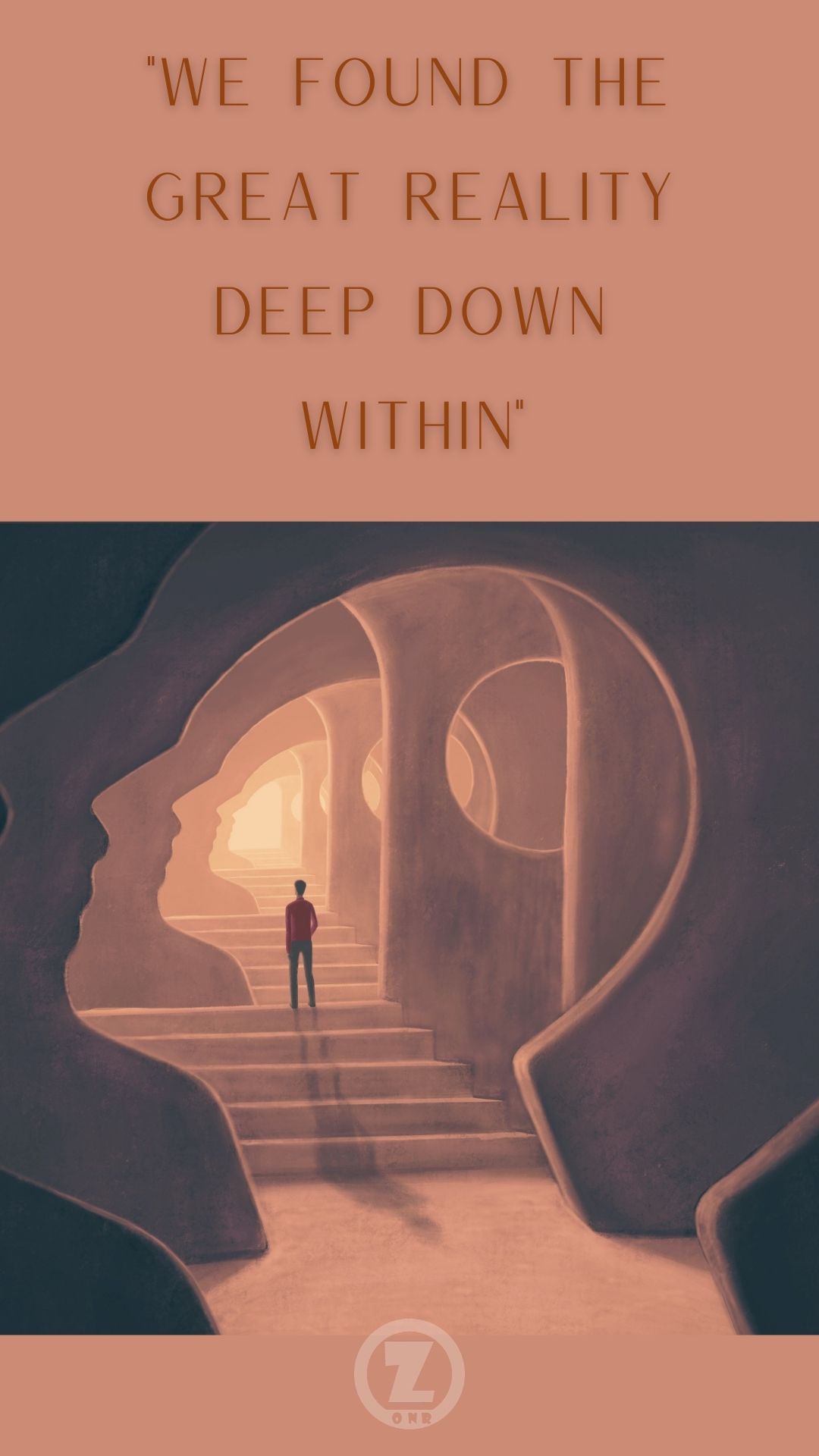“Hostile, resentful, self-centered and self-seeking, we cut ourselves off from the outside world. Anything not completely familiar became alien and dangerous. Our world shrank and isolation became our life. We used in order to survive.” (The Basic Text, p. 4)
“Expose yourself to your deepest fear; after that, fear has no power, and the fear of freedom shrinks and vanishes. You are free.” – Jim Morrison (1943 – 1971) U.S. musician lead singer for “The Doors”
Riders on the Storm – The Doors (7:04)
How has “self-centered” fear given you grief, lately?
Now That We Have Tasted Hope –
by Khaled Mattawa, 1964
Now that we have come out of hiding,
Why would we live again in the tombs we’d made out of our souls?
And the sundered bodies that we’ve reassembled
With prayers and consolations,
What would their torn parts be, other than flesh?
Now that we have tasted hope
And dressed each other’s wounds with the legends of our
oneness
Would we not prefer to close our mouths forever shut
On the wine that swilled inside them?
Having dreamed the same dream,
Having found the water behind a thousand mirages,
Why would we hide from the sun again
Or fear the night sky after we’ve reached the ends of
darkness,
Live in death again after all the life our dead have given us?
Listen to me Zow’ya, Beida, Ajdabya, Tobruk, Nalut,
[L]isten to me Derna, Musrata, Benghazi, Zintan,
Listen to me houses, alleys, courtyards, and streets that
throng my veins,
Some day soon, in your freed light, in the shade of your
proud trees,
Your excavated heroes will return to their thrones in your
martyrs’ squares,
Lovers will hold each other’s hands.
I need not look far to imagine the nerves dying,
Rejecting the life that blood sends them.
I need not look deep into my past to seek a thousand hopeless vistas.
But now that I have tasted hope
I have fallen into the embrace of my own rugged innocence.
How long were my ancient days?
I no longer care to count.
I no longer care to measure.
How bitter was the bread of bitterness?
I no longer care to recall.
Now that we have tasted hope, this hard-earned crust,
We would sooner die than seek any other taste to life,
Any other way of being human.


